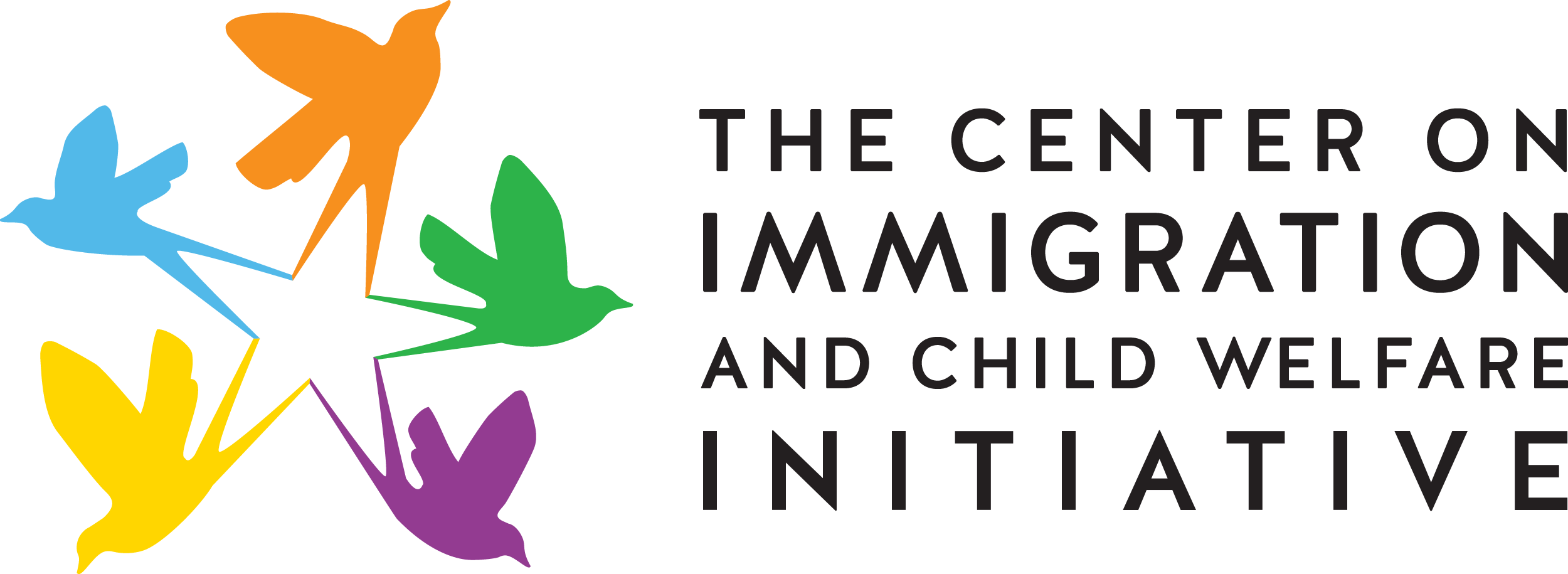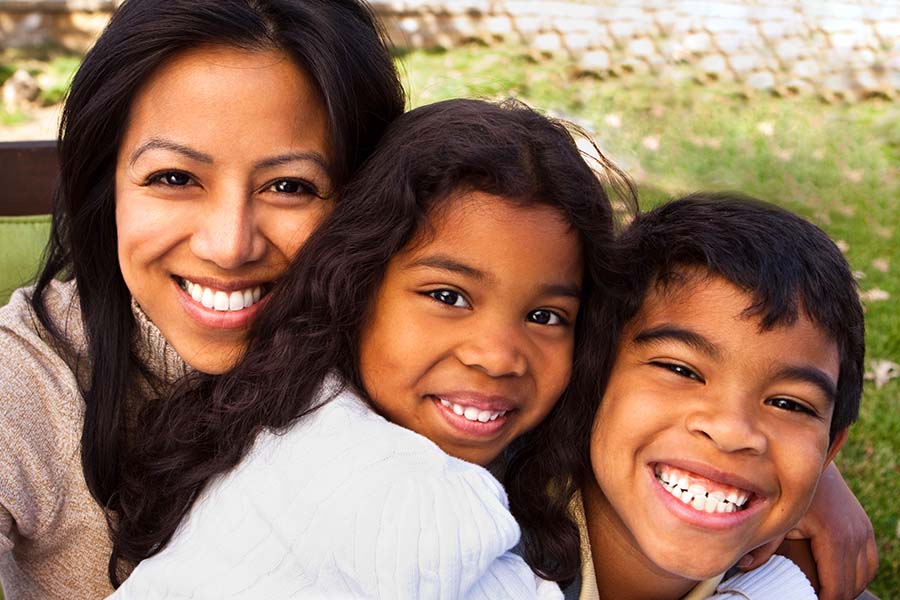The Center on Immigration and Child Welfare Initiative tackles the tough issues practitioners who work at the intersection of the immigration and child welfare systems face. The CICW identifies relevant and timely information about immigrant families at risk of involvement in the child welfare system, conducts needed research, and shares information through social media, practical publications, webinars, and trainings.
Through its diverse membership, the CICW links and supports professionals across the child welfare and immigration fields to (1) build skills and organizational capacities, (2) advocate for policies that support children’s positive futures, and (3) identify priority areas for research. Numerous reports, policy statements, practice toolkits, and research studies have been generated and disseminated by the CICW over the past decade, with support from foundations like the American Humane Foundation, the Annie E. Casey Foundation, and the Walter S. Johnson Foundation.




